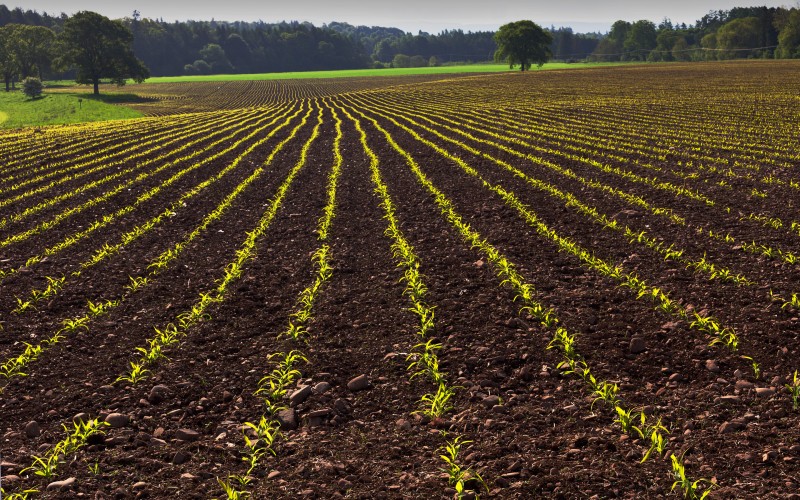
Farmers and producers are facing challenges on all fronts when it comes to food and drink production. Perhaps the biggest issue is climate change and the effect food and drink production practices are having on the environment although food security has also been brought into question due to the war in Ukraine. But what is being done to bring about change?
Good Food Nation (Scotland) Act 2022
In 2014, the Scottish Government published a policy outlining its aim to become ‘a Good Food Nation, where people from every walk of life take pride and pleasure in, and benefit from, the food they produce, buy, cook, serve, and eat each day’ by 2025. The Good Food Nation (Scotland) Act 2022 (“the Act”) is seen by the Scottish Government as a big step in achieving this, although much of the Act is yet to come into force and there is no clear timescale for implementation.
Once in force, the Scottish Government, local authorities and health boards will be obliged to create plans which set out the main outcomes to be achieved, the policies which are needed to do this and how progress of the plans will be assessed and measured. A Scottish Food Commission will be established to monitor and make recommendations in relation to the plans. The outcomes will support the environment, animal welfare and economic wellbeing to name a few.
Deposit Return Scheme
The Deposit Return Scheme for Scotland Regulations 2020 (amended) goes live on 16 August 2023. The Scheme, which has already been delayed due to Covid, requires a 20p deposit to be charged each time a single-use drinks container is sold in Scotland. Consumers can return the empty container to receive a refund of the deposit.
The scheme generally applies to drink producers, drink importers and anyone marketing or offering drinks packaged in a single-use container made from PET plastic, glass, steel or aluminium sized between 50ml and 3 litres for sale in Scotland. Drinks producers must register with SEPA and pay a registration fee. Retailers and wholesalers will then be obligated to only sell those items which are produced by registered producers. Retailers will also be obliged to operate a return point.
There are ongoing discussions to potentially scrap the Scheme but at the point of writing, it remains law.
Agricultural Reform Route Map
The Scottish Government has also released an Agricultural Reform Route Map outlining its proposals for agricultural funding going forward. The changes to funding are intended to help farmers and crofters achieve high quality food production and sustainable production chains as well as reducing greenhouse gas emissions in the sector. At least half of funding will be targeted towards outcomes for biodiversity gain and a drive towards low carbon approaches to improve resilience, efficiency and profitability of the sector. From 2025, a four tier system will be adopted but Basic Payment Entitlements will continue until 2027 at which stage it will evolve to become the Tier 1 Base Payment.
Prospects of change?
There is change afoot in the agricultural, food and drink sectors and beyond which might aid some of the issues faced around food and drink production and climate change. It remains to be seen whether the Scottish Government outcomes will be achieved but it seems clear that a collective endeavour across the whole food and drink systems will be needed.
For further information and advice relating to land management and land ownership implications in Scotland, please contact a member of Thorntons’ Land and Rural Business Team on 03330 430350
